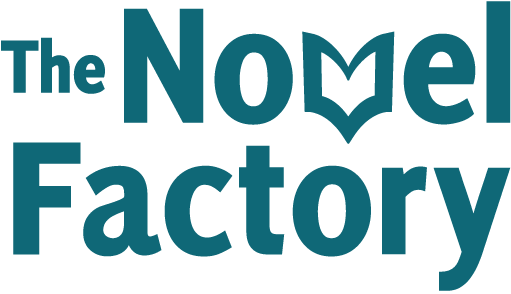We are pleased to announce that as well as being available for Windows desktop, the Novel Factory is now available online. This means that the program is now available to writers on any platform, including Mac users. This will not affect the windows desktop version – if you prefer to stick with that one, then…
Read MoreA while back we created a grid which demonstrates how the stages of the Hero’s Journey can be identified in a handful of popular books and films. A lot of the Novel Factory users have told us they found that very useful, and requested that we do the same for more of the stages of the novel…
Read MoreCameo characters are minor characters who only have a very small part to play in your story, usually to facilitate the plot or demonstrate some aspect of another, more major, character’s personality. If you’re a dedicated novelist, you’ll usually write a great deal of detail and back story about all your major characters, including history,…
Read MoreGetting Started Writing a Novel A completely unscientific poll we did suggested that getting started is one of the biggest obstacles for novel writers (of course, there’s a bias towards procrastinators who are reading about writing and completing polls rather than getting on with it, but we’ll gloss over that for now). Now, ‘getting started’…
Read MoreIt’s widely recognised that Harry Potter and the Philosopher’s Stone (or Harry Potter and the Sorceror’s Stone in the US) follows the Hero’s Journey very closely. The Novel Factory team have done a breakdown of the high level plot elements of the first Harry Potter book, to show how the first few steps of the Roadmap (a ‘learn as you write’ step-by-step guide…
Read More“There are three rules for writing a novel. Unfortunately, no one knows what they are.” ― W. Somerset Maugham “There is no greater agony than bearing an untold story inside you.” ― Maya Angelou “You have to write the book that wants to be written. And if the book will be too difficult for grown-ups, then you…
Read MoreFirst Example: Johnny woke up early. It was a school day so he quickly dressed. He was just a normal kid; he lived in Dayton Ohio, went to high school and had a grade average that was, well, average. On the way down to breakfast he bumped into his little sister, Anne. They said good…
Read More1. Too many adverbs Overuse of adverbs will scream amateur louder than anything else. Many creative writing tutors say any use at all is overuse. In case you don’t know, adverbs are words that modify a verb to describe the way the action is done. If you don’t know what modify means, you should probably…
Read MoreA good first line does not a good novel make, but a bad opening could kill a great novel before it’s had a chance. So what makes a good first line? There are a few key points: Change – if this is a day like any other, why are you writing about it? All stories are…
Read MoreApparently, most novelists groan and moan and hang their heads when it comes to writing a synopsis (a summary of the novel in only a few paragraphs). They don’t feel that it’s real writing, and the synopsis is such a short summary, the elegance and subtlety of their novel is trampled all over. Nonetheless, if you want…
Read More









